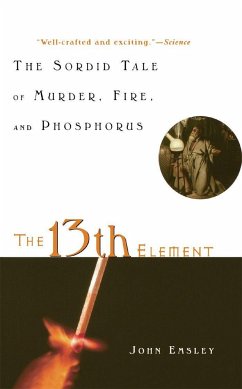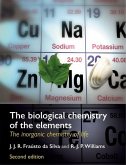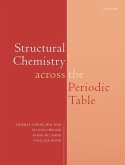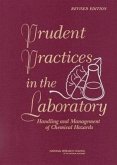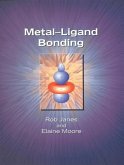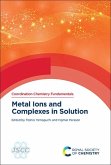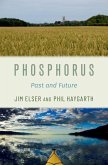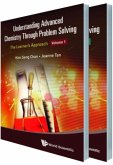This is popular science at its best, a great subject, unfolded with the skill of the storyteller; at once a mine of information and a thoroughly good read." -The Sunday Times (London) "This well-written book is an examination of the very character of all chemicals." -The Sunday Telegraph (London) Discovered by alchemists, prescribed by apothecaries, exploited by nineteenth-century industrialists, and abused by twentieth-century combatants, phosphorus is one of nature's deadliest-and most fascinating-creations. Now award-winning author John Emsley combines his gift for storytelling with his scientific expertise to present an enthralling account of this eerily luminescent element. From murders-by-phosphorus where the bodies glowed green, to the match factory strike that helped end child labor in England, to the irony of the World War II firebombing of Hamburg, to even deadlier compounds derived from phosphorus today, The 13th Element weaves together a rich tableau of brilliant and oddball characters, social upheavals, and curious, bizarre, and horrific events that comprise the surprising 300-year history of nature's most nefarious element.
Hinweis: Dieser Artikel kann nur an eine deutsche Lieferadresse ausgeliefert werden.
Hinweis: Dieser Artikel kann nur an eine deutsche Lieferadresse ausgeliefert werden.

